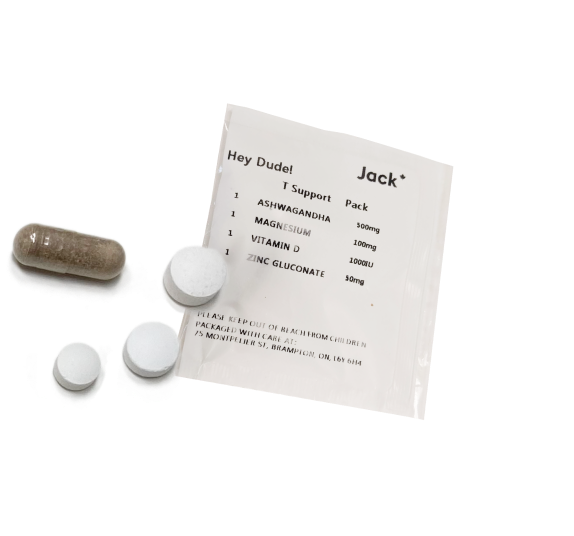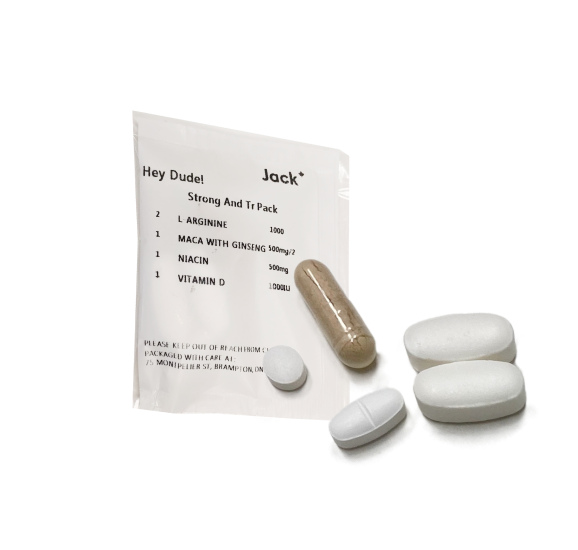Here are three reasons why you may be experiencing low T symptoms with normal T levels, and some tips on how to fight those symptoms.
Low testosterone is a clinical condition where your T levels are less than 10 nmol/L. Many men may experience the symptoms of low T including fatigue, low libido, increased fat mass and decreased lean mass.
Some people may experience these symptoms at normal T levels – you might have received your blood work back and been annoyed to see that low T isn’t the reason why you’re feeling these issues.
T levels decline over time due to age, but other conditions can cause symptoms that are similar to the ones experienced when you have low T. Weight, sleep quality, stress and your T levels are all related. This is because all these things are controlled by hormones, which are complex molecular messengers of the body. Cortisol, testosterone, and leptin are all controlled by your hypothalamus – which you can think about as the control centre for your hormone pathways. These hormone pathways are all interconnected, so an issue in one can lead to problems in another! It also means that a small improvement in one or all of these areas can improve your T symptoms and even indirectly your T levels.
Here are our top three reasons why you may be experiencing symptoms of low T without actually having low T:
1. You are stressed AF
Cortisol is the hormone responsible for the stress response in our bodies. If your body is constantly making cortisol it can affect your T levels, so being stressed all the time is a no no. Plus, stress can cause you to have trouble sleeping and may change your eating patterns, which can mimic the symptoms of low T.
As it turns out cortisol and testosterone can affect each other too. If your cortisol levels are high, your T levels may be dampened – which makes total sense, when you’re stressed physically or mentally, your libido tends to drop. (Harden, 2017)
If stress levels are low, Testosterone can be more dominant, increasing your libido and overall energy. If you want to learn more about how stress impacts libido check out our blog post here.
It can be hard to lower your stress response when your stress is due to work, family life, or finances. Try to pick a day of the week you can use to recharge your batteries and do the things you love–fishing, spending time with your loved ones, playing sports, etc.
2. You are not sleeping enough
Sleep is one of the most important factors for a well functioning body. During sleep, the body works overtime to prepare for waking hours. If your sleep is disrupted or too short, your body won’t have time to renew and refresh itself. This can lead to hormonal imbalances. Sleep happens in cycles, with REM sleep being associated with brain development that occurs four to six times per night in 90 minute intervals. Testosterone peaks during sleep after around three hours of uninterrupted sleep – right around when you start REM sleep. As healthy men age, they will produce less and less testosterone during sleep. Men also tend to sleep less on average as they age, which can reduce testosterone levels even further.
Research has found that restricting sleep to five hours a night can decrease waking testosterone levels by 10-15% . Testosterone decreases during the day, falling to its lowest point right before sleep. So those who are getting less sleep overall may have lower T levels.
Fatigue is a common side effect men complain about when they have low T, however fatigue can just be caused by not sleeping enough. Most experts recommend sleeping six to eight hours a night to adequately re-energize the body. Sleeping more is essential to good health and reducing symptoms like fatigue and brain fog. To get a good night’s sleep try to reduce screen time before bed, and create a night routine that is relaxing, like having a shower and reading a book before falling asleep. Melatonin, one of the hormones involved in sleep can be taken before bed to promote drowsiness.
3. You are overweight
Weight gain has an effect on your T levels and can also mimic symptoms of low T. If you are overweight, you may find it harder to keep up with daily life, leaving you more fatigued. Increased weight also increases your risk of sleep apnea and snoring, which can affect your quality of sleep. Obesity can cause an increase in leptin (the hunger hormone) and estrogen which can result in the hypothalamus (the control centre for your body) sending fewer signals to produce testosterone. Low testosterone levels and obesity have a bidirectional effect – this means weight gain can cause low T and low T can cause weight gain! A 15% decrease in weight can increase your T levels by 2 nmol/L. Weight loss can be achieved by diet, exercise or medication, or a combination of all three. For young men experiencing symptoms of low T who are obese, diet and exercise should be tried for six months before considering medication. (Fernandez 2019)
Weight loss can have an amazing effect on your overall health and symptoms whether they are caused by low T or not.
If you are interested in joining our weight loss program you can start here.
Read More:
Sleep: https://www.ncbi.nlm.nih.gov/pmc/articles/PMC3955336/pdf/AJA-16-262.pdf
Cortisol and low T https://www.ncbi.nlm.nih.gov/pmc/articles/PMC5048541/pdf/nihms-806547.pdf
Obesity and low t : https://www.ncbi.nlm.nih.gov/pmc/articles/PMC9330735/pdf/ijms-23-08194.pdf
https://www.ncbi.nlm.nih.gov/pmc/articles/PMC6785957/pdf/euendo-15-83.pdf
Diet and nutrition in male fertility: https://www.ncbi.nlm.nih.gov/pmc/articles/PMC7291266/pdf/jcm-09-01400.pdf

Testosterone Gel: Uses and Side Effects
Testosterone gel has emerged as a significant advancement in hormone replacement therapy, particularly for those grappling with the challenges of low testosterone levels. This topical




Testosterone Replacement Therapy (TRT) in Canada
Suffering from low energy? Hair loss? Decreased libido? You may have low hormones. With our expert medical team you can get tested, get diagnosed, and




What is Testosterone Propionate? Uses and Side Effects
Testosterone Propionate is a synthetic form of the naturally occurring male sex hormone, testosterone. Understanding both the uses and the potential side effects of Testosterone









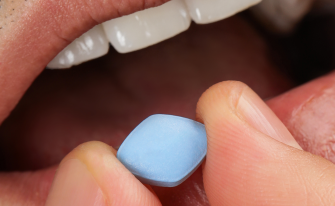



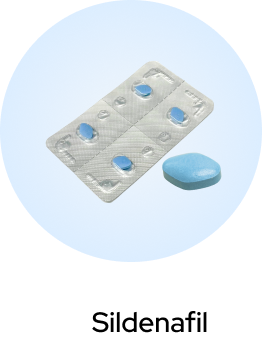
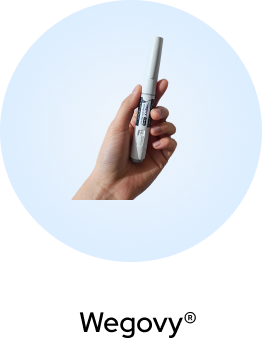
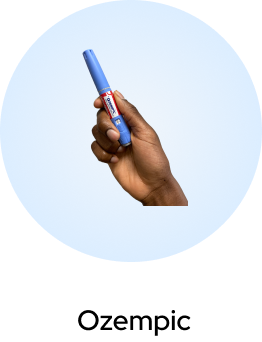


 (US)
(US)
